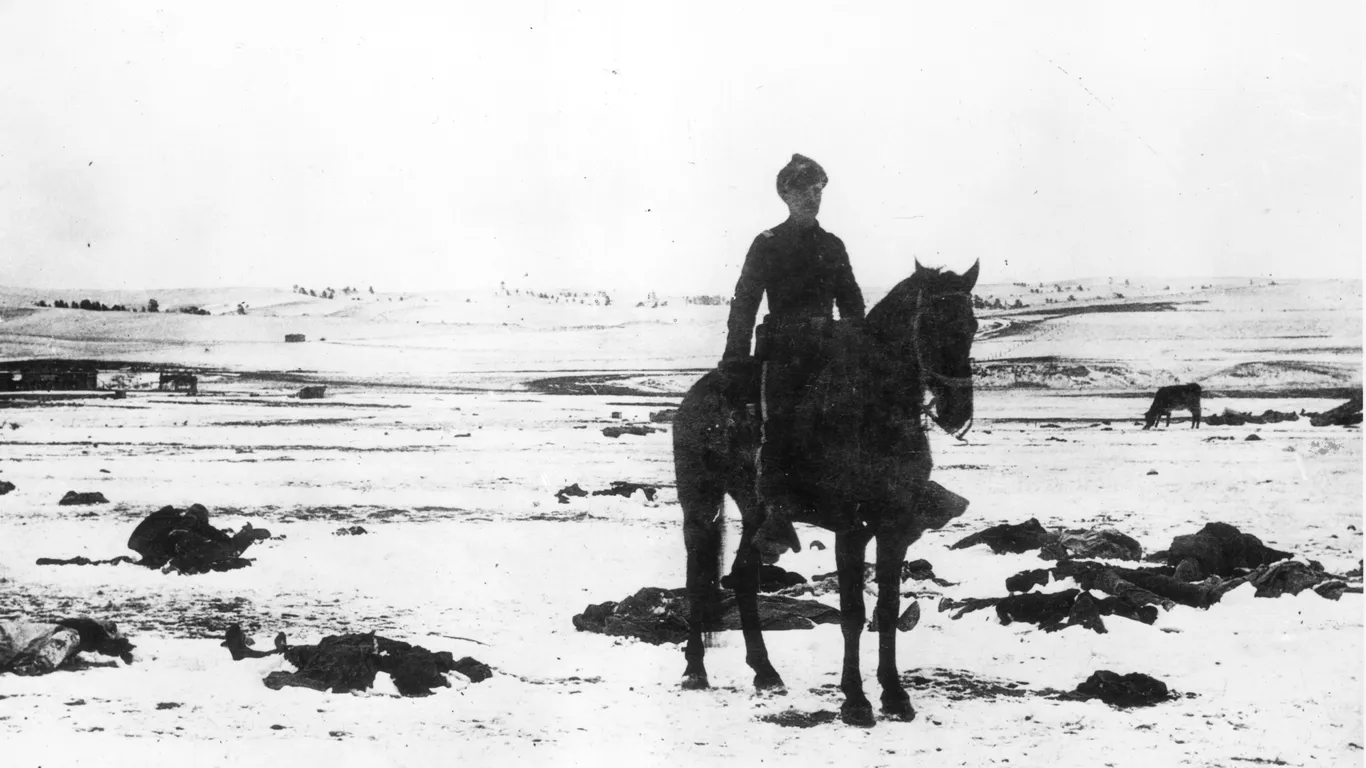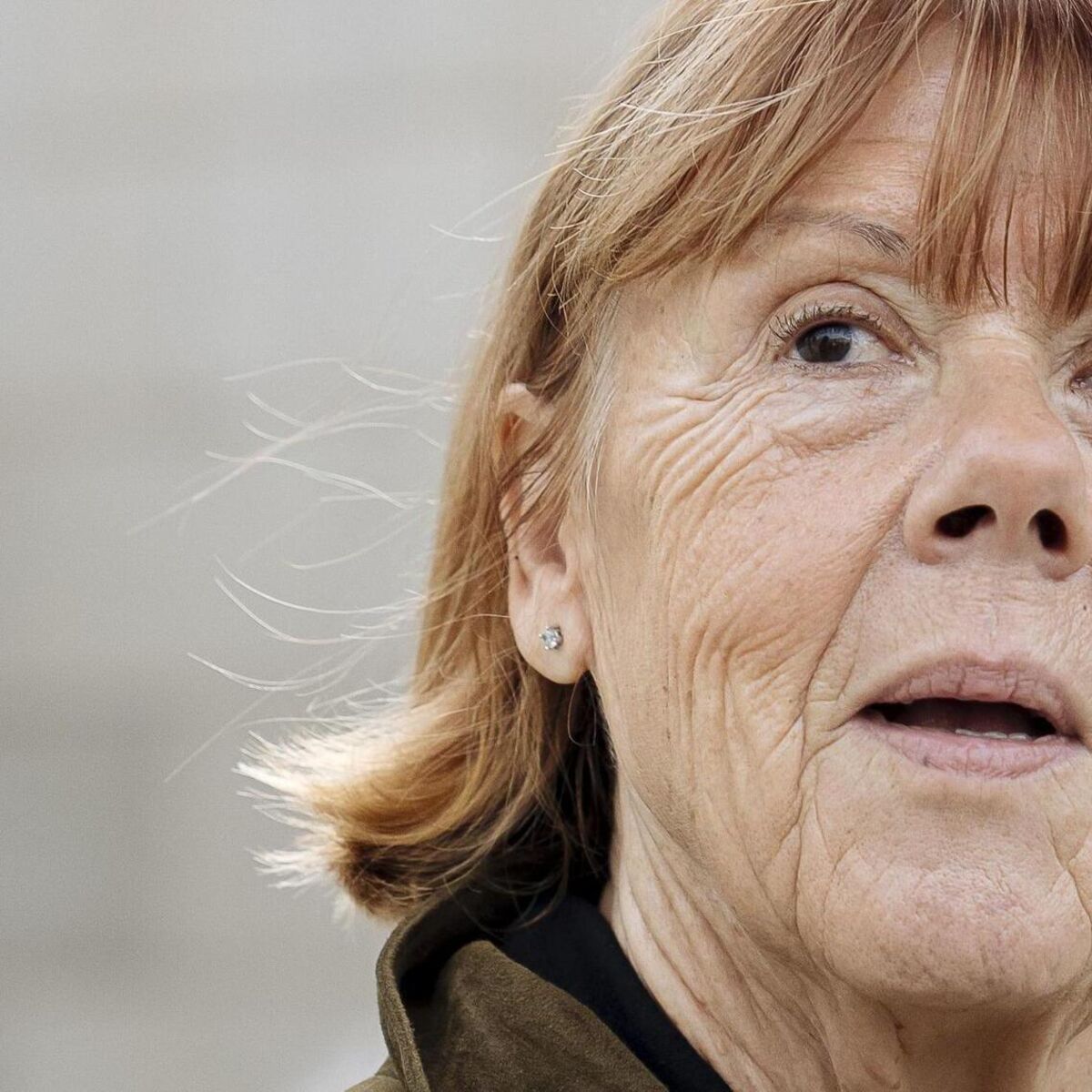Copyright axios

The big picture: The decision follows the Trump administration's re-interpretation of civil rights laws and history to focus on "anti-white racism". The administration has been purging and rewriting federal web pages' stories about slavery and discrimination, and President Trump has ordered a review of Smithsonian museums.Trump issued a March executive order titled "Restoring Truth and Sanity to American History," to fight "concerted and widespread effort to rewrite our Nation's history," as he argues. Zoom in: Hegseth said in his post that the soldiers who fought at the "Battle of Wounded Knee" will keep their medals despite the plea from Native Americans. "We're making it clear that [the soldiers] deserve those medals," Hegseth said in the video.He said the men were "brave soldiers," and a panel concluded the medals were justly awarded. "Their place in our nation's history is no longer up for debate." The other side: Oglala Sioux president Frank Star Comes Out called Hegseth's post "despicable, untruthful, and insulting" and said the medals are a stain on the country's history. "To call Wounded Knee a 'battle' dishonors the truth, desecrates the memory of our relatives, and insults Native American veterans who fought and died for this country from Normandy to present," Star Comes Out said in a statement to Axios.Star Comes Out said the massacre at Wounded Knee was revenge for the U.S. Army's 7th Cavalry defeat at the Battle of Little Bighorn by a coalition of Lakota and Cheyenne tribes 14 years prior."The Oglala Sioux Tribe will never stop demanding that these medals be rescinded, that history be told with accuracy." Reality check: The events at Wounded Knee have long been debated, and disputes arose almost as soon as they unfolded. Historical records show the U.S. Army, in a campaign to repress local tribes, killed some 250 Lakota Sioux — many unarmed women and children — at Wounded Knee, despite fighters in the camp having surrendered.After the massacre, 20 soldiers from the 7th Cavalry were awarded the Medal of Honor for actions ranging from rescuing fellow troops to efforts to "dislodge Sioux Indians" hiding in a ravine. Since then, the isolated site has become a place of mourning for many Native American tribes as it symbolizes the brutality many faced at the hands of the U.S. government. Context: Congress issued an apology in 1990 to Wounded Knee descendants — but left the medals in place. Former Defense Secretary Lloyd Austin, Hegseth's predecessor, ordered the medal review in 2024 after Congress called for it in the 2022 defense bill.Sen. Elizabeth Warren (D-Ma.) and Rep. Jill Tokuda (D-Hawaii) have proposed a bill that would rescind the medals. Meanwhile, some historians took to social media to denounce it. "Only an administration intent on committing war crimes in the present and future would stoop to calling Wounded Knee a 'battle' rather than what it truly was," Columbia University history professor Karl Jacoby posted on Blue Sky."Fortunately, history does not work as Hegseth seems to believe. It is never "settled" and the government cannot (at least for now!) impose its interpretation of events on the rest of us." Editor's note: This story has been updated with a statement from the Oglala Sioux president.



